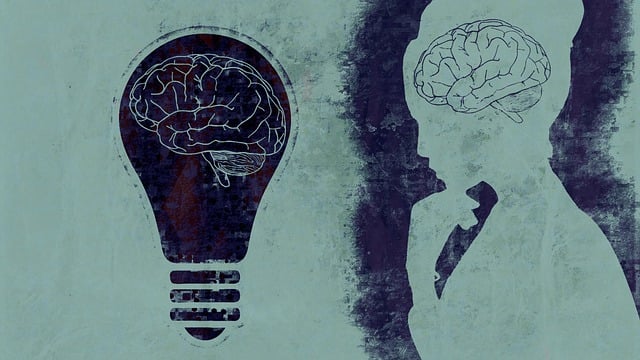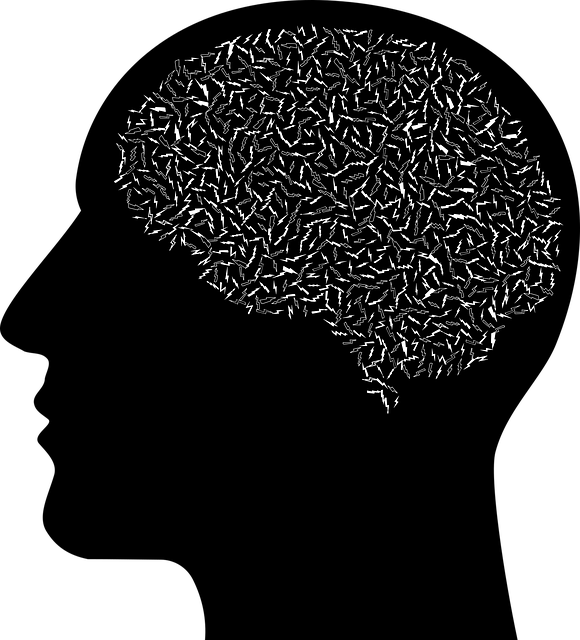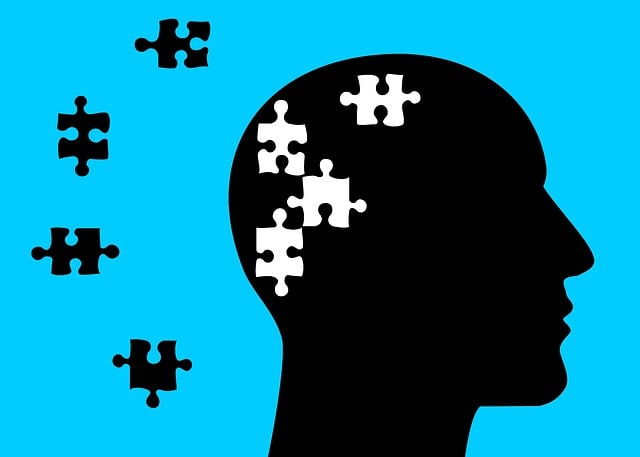Stress is a common adult issue with far-reaching consequences, but therapy for adults through hypnosis offers a unique and effective solution. Hypnotherapy harnesses relaxation techniques to target the subconscious mind, addressing underlying beliefs and behaviors linked to stress. By retraining thought patterns and promoting emotional healing, hypnotherapy empowers individuals to manage stressors more effectively. Combining this therapy with practices like mindfulness, journaling, exercise, sleep, and breathing exercises can significantly reduce stress, enhance well-being, and build resilience.
Stress is a ubiquitous part of adult life, yet its prolonged effects can be detrimental. This article explores effective strategies to combat stress, focusing on both therapeutic and practical approaches. We delve into the profound impact of stress on adults and uncover hypnotherapy as a powerful tool for relaxation. Additionally, we present everyday techniques that promote well-being and offer a comprehensive guide to managing stress effectively, emphasizing the importance of self-care. Discover how these methods can enhance your mental resilience and overall quality of life, with a particular focus on the benefits of therapy for adults through hypnosis.
- Understanding Stress and Its Impact on Adults
- The Role of Hypnotherapy in Reducing Stress
- Practical Strategies for Daily Stress Management
Understanding Stress and Its Impact on Adults

Stress is a universal experience for adults, arising from various life pressures and demands. It can manifest as acute or chronic, impacting mental, emotional, and physical well-being. For many, stress becomes a constant companion, leading to increased anxiety, depression, and even cognitive impairment over time. Recognizing the detrimental effects of prolonged stress on adults is paramount for fostering resilience and promoting overall mental health.
One effective approach to managing stress in adults is through therapy, specifically designed to address its root causes. Hypnosis, a powerful tool within therapeutic practices, offers a unique method of accessing the subconscious mind. By harnessing emotional intelligence and employing mental health education programs design, hypnosis facilitates emotional healing processes, enabling individuals to gain control over their responses to stressful situations.
The Role of Hypnotherapy in Reducing Stress

Hypnotherapy has emerged as a powerful tool in the arsenal against stress and its detrimental effects on mental health. This therapy for adults involves guiding individuals into a state of deep relaxation, where their minds become highly receptive to suggestions. During a hypnotherapy session, a trained practitioner utilises techniques to help clients access their subconscious mind, which plays a significant role in emotional healing processes. By addressing underlying beliefs and behaviours, hypnotherapy can facilitate profound changes in how one responds to stressful situations.
For those seeking effective stress reduction methods, hypnotherapy offers a unique approach. It goes beyond the surface by delving into the roots of stress, often tied to past experiences or limiting beliefs. Through risk assessment for mental health professionals and careful tailoring of sessions, this therapy can be immensely beneficial. Self-care routine development is enhanced as clients gain a deeper understanding of their emotional triggers, enabling them to implement healthier coping mechanisms.
Practical Strategies for Daily Stress Management

Stress is an inevitable part of life, but managing it effectively can significantly improve overall well-being. For adults seeking practical solutions, hypnosis stands out as a powerful therapy. It’s more than just relaxation; it’s a tool to retrain your mind and break free from stressful thought patterns. Hypnosis for stress reduction helps individuals access a state of deep calm, making it easier to confront triggers and develop healthier coping mechanisms.
Complementing hypnosis are mindfulness practices like Compassion Cultivation, which fosters self-compassion and reduces negative self-talk. Keeping a Mental Wellness Journal can also be therapeutic; jotting down thoughts and feelings allows for introspection and the identification of stress sources. Engaging in regular exercise, prioritizing sleep, and practicing deep breathing exercises are additional strategies backed by both scientific research and Mental Health Policy Analysis. These simple yet effective techniques empower individuals to take control of their mental health and cultivate a more resilient mindset.
In light of the above, it’s clear that stress reduction is a multifaceted approach, with techniques like hypnotherapy and practical daily strategies offering significant relief. For adults seeking a therapy for their stress, hypnotherapy stands out as a powerful tool to navigate and overcome these challenges. By combining professional guidance with personalized practices, individuals can foster resilience and enhance overall well-being.













